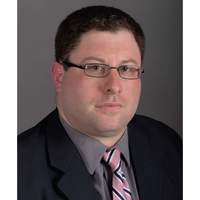Michael Thier
University of Oregon, Educational Methodology, Policy, and Leadership, Graduate Student
- Michael Thier is a Research Associate at the Educational Policy Improvement Center and the Center for Equity Promotion. He collaborates with researchers in 10 countries, using m... moreMichael Thier is a Research Associate at the Educational Policy Improvement Center and the Center for Equity Promotion. He collaborates with researchers in 10 countries, using mixed methods to pursue three goals: (a) helping education leaders implement and measure global citizenship education (GCE) programs; (b) comparing GCE programs’ possibilities and constraints internationally/cross-culturally; and (c) discovering opportunities and conditions that enable students, especially attendees of rural and/or remote schools, to avail themselves of GCE programs. He has published in journals such as Learning and Individual Differences; Psychological Assessment; Educational Technology, Research and Development; and SAGE Research Methods Cases. Thier’s research has won awards from the American Educational Research Association and English Journal. At UO, where he is a candidate for a concurrent Ph.D. in Educational Leadership with a specialization in quantitative research methods and a Master’s of Public Administration, Thier teaches courses in research methods, public policy, equity and social justice, and professional writing. Most importantly, he is the proud father of two daughters.edit
- Dr. Charles Martinez, Jr., Dr. Michael Bullis, Dr. Kathleen Scalise, Dr. Julie Sykes, Dr. Yong Zhaoedit
